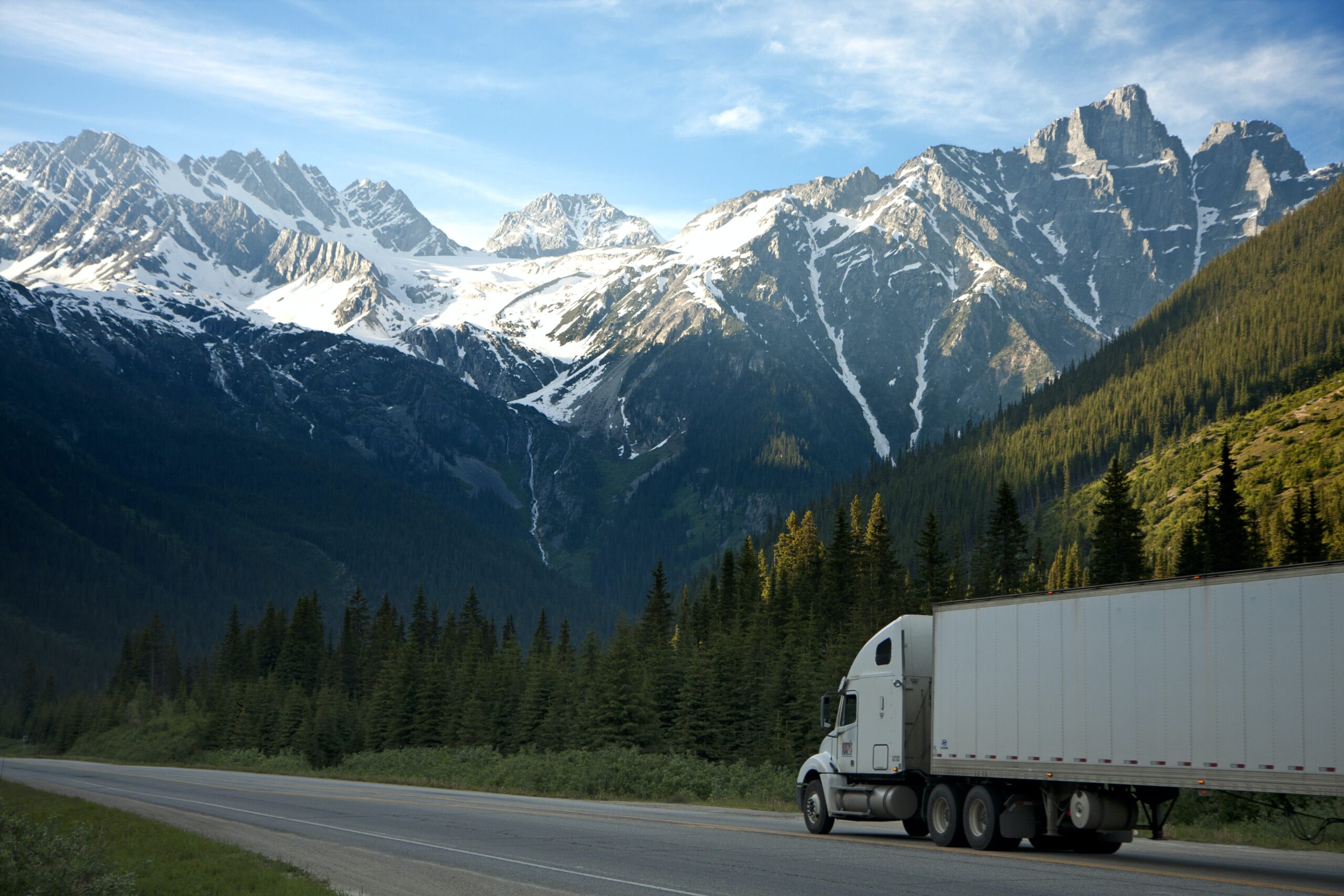
Understanding the Role of Federal Regulations in Commercial Trucking Accidents
Commercial trucking accidents can have devastating consequences due to the size and weight of the vehicles involved. To enhance safety on the roads, the trucking industry is subject to comprehensive federal regulations. Understanding the role of these regulations is crucial in determining liability and pursuing compensation after a commercial trucking accident. In this blog post, we will explore the significance of federal regulations in commercial trucking accidents and how they shape the legal landscape.
-
Federal Motor Carrier Safety Administration (FMCSA)
The Federal Motor Carrier Safety Administration (FMCSA) is the agency within the U.S. Department of Transportation responsible for regulating and overseeing the commercial trucking industry. The FMCSA develops and enforces rules and regulations to ensure the safe operation of commercial motor vehicles (CMVs) on the nation’s highways.
-
Hours of Service Regulations
One critical area of federal regulations pertains to hours of service (HOS). These regulations govern the maximum number of hours a commercial truck driver can operate a vehicle within a specific timeframe. The HOS rules are designed to combat driver fatigue, a leading cause of trucking accidents. Violations of HOS regulations can establish negligence and liability in a trucking accident case.
-
Vehicle Maintenance and Inspection
Federal regulations also mandate regular vehicle maintenance and inspections for commercial trucks. Trucking companies and drivers are responsible for ensuring their vehicles are in proper working condition before each trip. Compliance with maintenance and inspection requirements can prevent accidents caused by mechanical failures or equipment malfunctions.
-
Drug and Alcohol Testing
To promote safety on the roads, federal regulations require mandatory drug and alcohol testing for commercial truck drivers. Drivers must undergo pre-employment testing, random testing, post-accident testing, and testing based on reasonable suspicion. Violations of drug and alcohol testing requirements can establish liability in a trucking accident case.
-
Size and Weight Limits
Federal regulations impose restrictions on the size and weight of commercial trucks to maintain the integrity of roads and bridges. Violations of these limits can lead to accidents and contribute to roadway hazards. Establishing non-compliance with size and weight regulations can be crucial in proving negligence in a trucking accident case.
-
Driver Qualifications and Training
The FMCSA establishes standards for driver qualifications and training to ensure that commercial truck drivers have the necessary skills and knowledge to operate their vehicles safely. Regulations cover driver licensing, medical certifications, and required training programs. Failure to meet these qualifications can establish liability in a trucking accident case.
-
Electronic Logging Devices (ELDs)
To enhance compliance with HOS regulations, the FMCSA requires the use of electronic logging devices (ELDs) in commercial trucks. ELDs accurately record a driver’s hours of service, eliminating the potential for falsification of records. ELD data can serve as critical evidence in determining liability and establishing negligence in a trucking accident case.
-
Impact on Liability and Compensation
Federal regulations play a significant role in determining liability in commercial trucking accidents. Violations of these regulations, such as HOS violations or failure to conduct proper maintenance, can establish negligence on the part of the trucking company or driver. Establishing negligence is crucial for pursuing compensation in a personal injury or wrongful death claim resulting from a trucking accident.
Federal regulations governing the commercial trucking industry play a vital role in promoting safety on the roads and determining liability in trucking accident cases. Understanding these regulations is essential for assessing negligence, proving liability, and pursuing fair compensation after a commercial trucking accident. If you or a loved one has been involved in a commercial trucking accident, consult with an experienced attorney who can navigate the complexities of federal regulations and help you protect your rights and seek the compensation you deserve.
A personal injury lawyer can help you understand your legal options and negotiate a fair settlement on your behalf. Click here to schedule a free consultation with one of our skilled California lawyers to learn more about your options. Or call our offices at 707 549 8166.

